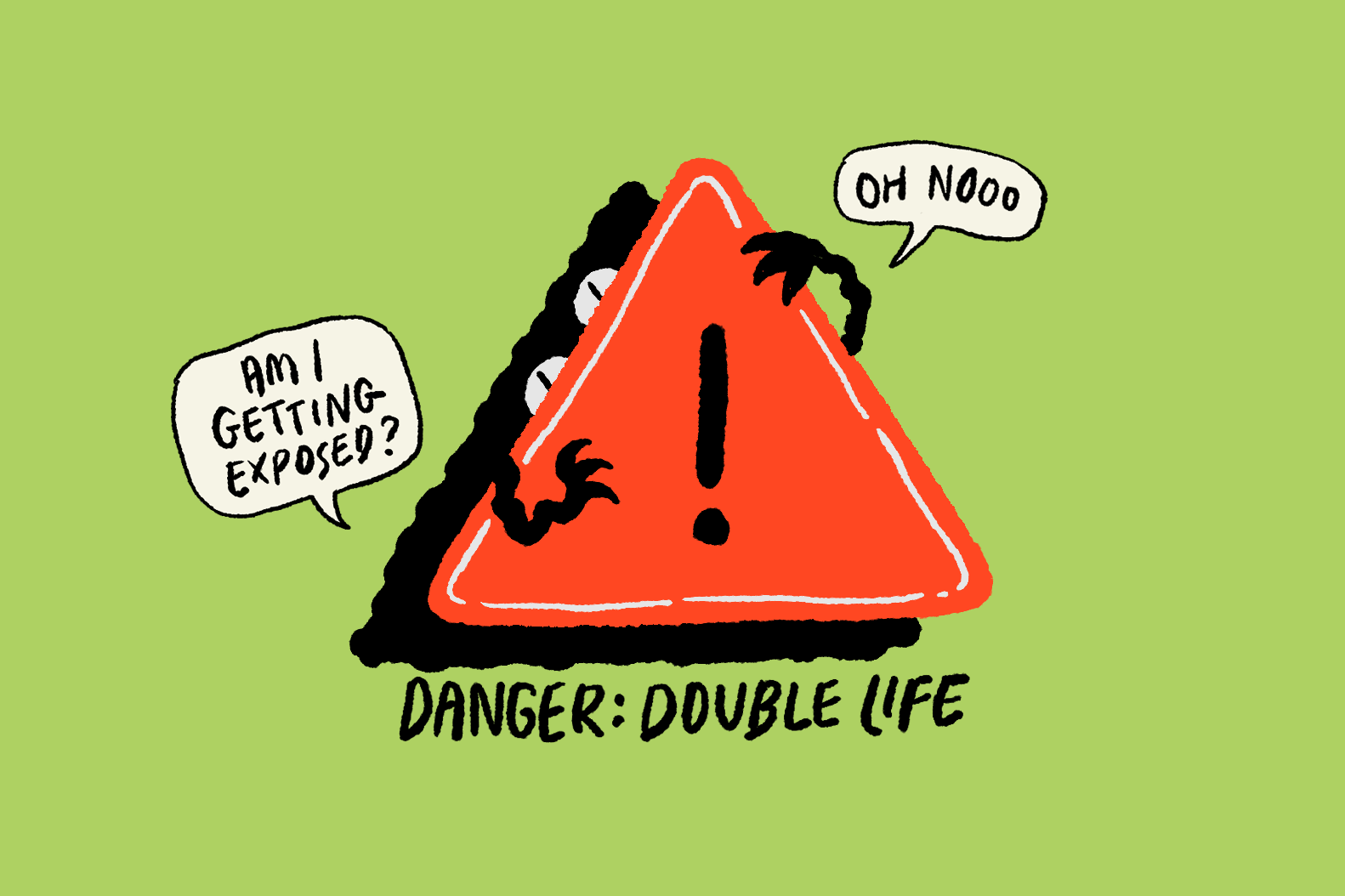All names, including the author’s, have been changed for confidentiality.
On a recent road trip overseas, I found myself in the front passenger seat with the unenviable task of ensuring the driver remained alert and focused on the road. This meant I had to keep him entertained with deep and insightful conversation while everyone else succumbed to their food coma.
Before long, the driver, John and I were left alone to bring everyone safely to our destination.
Assuming everyone had fallen asleep, I took the opportunity to share the gospel with John. However, Lisa, one of those in the backseat, merely had her eyes closed and had eavesdropped on our entire conversation. When I finished sharing the gospel with John, she casually remarked: “You Christians always seem to be so interested in sharing the gospel with everyone.”
Her comment struck me profoundly.
While she meant this as a veiled criticism of my intrusion into another’s personal belief, I found myself silently disagreeing with her observation, based on my experience with other believing friends.
On the contrary, many Christians sometimes treat the Great Commission in Matthew 28:18-20 as if it was the Great Suggestion.
Rather than view it as a non-negotiable command issued by our Lord, we come up with excuses, some seemingly legitimate on the surface, to weasel out of our God-given responsibility to proclaim the Good News to the ends of the earth.
How I wish her critique that every follower of Jesus, including myself, was always seizing and creating opportunities to share the gospel, were true. After all, Christians are entrusted with the responsibility to be God’s “ambassadors” to people who do not know Jesus (2 Corinthians 5:20).
Furthermore, if we truly understood what lies beyond for people who don’t place their faith in Jesus as their Lord and Saviour, how can we not obey the Great Commission wholeheartedly?
Without placing their faith in Christ, the Bible is clear on what lies beyond for those who have not heard or have rejected God’s offer of salvation through Jesus, which would be eternal separation from God (Revelation 20:11-15).
Hell is certainly an uncomfortable subject. It’s a doctrine that many Christians – including myself – struggle with.
“For the wages of sin is death, but the gift of God is eternal life in Christ Jesus our Lord.” (Romans 6:23)
Yet the offer of the free gift of salvation in Romans 6:23 clearly comes together with this precursor: The wages of sin is death. Without God’s intervention through the death and resurrection of His Son, Jesus Christ, no one would have made it into His Kingdom. We all fall short (Romans 3:23).
Only Jesus was the perfect substitute, the one who could make the payment for what our sins rightly deserved. If we place our faith in Him as our Lord and Saviour, we are granted entry through Him – the only way to heaven.
“Jesus answered, ‘I am the way and the truth and the life. No one comes to the Father except through me.'” (John 14:6)
In His ministry, Jesus did not shy away from talking about the reality of hell. In fact, He described it in vivid detail, as a place of great torment and suffering, because the presence of God would be absent (Matthew 25:30, Matthew 13:42, Luke 16:23, Mark 9:43).
However, Jesus did not speak about hell for us to fixate on its horrors. The warning was for us to look squarely at the Cross, where He bore the punishment for our sins on our behalf.
If we believe the gospel is vital knowledge that not only concerns this life but the life to come, how could Christians not make proclaiming it the central focus of our lives?
The gospel message is about both heaven and hell. It compels us to consider what we all justly deserve for our sin. And yet, at the same time, it brings us to marvel: “How could He love me, a sinner?”
When we understand what we truly deserve, our thankfulness for what Jesus has done for us will grow and our compassion for the lost will deepen. Our hearts would be broken over those who do not know Jesus.
When we grasp the grace that God has extended to us in Christ, we will be compelled by love to share the gospel to every person we meet.
We would all agree that human life is precious. Many of us would not hesitate to go to great lengths to save the lives of our friends and family, and even assist in the rescue of a stranger. So if we believe the gospel is vital knowledge that not only concerns this life but the life to come, how could Christians not make proclaiming the gospel to the ends of the earth the central focus of our lives?
Even a staunch atheist, entertainer Penn Jillette, grasps the gravity of what Christians should believe about the gospel:
“I’ve always said that I don’t respect people who don’t proselytise. I don’t respect that at all. If you believe that there’s a heaven and a hell, and people could be going to hell or not getting eternal life, and you think that it’s not really worth telling them this because it would make it socially awkward …
“How much do you have to hate somebody to not proselytise? How much do you have to hate somebody to believe everlasting life is possible and not tell them that?
“I mean, if I believed, beyond the shadow of a doubt, that a truck was coming at you, and you didn’t believe that truck was bearing down on you, there is a certain point where I tackle you. And (the gospel) is more important than that.”
Though it may be discouraging to face rejection from people as they sometimes turn down God’s offer of salvation, we must remember that God’s Word never returns to Him void (Isaiah 55:10-11).
Furthermore, we can always trust that sharing of our faith will build our own faith, as it will lead us closer towards grasping “the full knowledge of every good thing that is in us for the sake of Christ” (Philemon 1:6).
Don’t lose heart!
- What kind of news do you find yourself sharing naturally?
- Do you believe the Good News is worth sharing? Why or why not?
- What are some struggles you face in sharing the Gospel?
- How can we share the Gospel message in compelling ways today?









